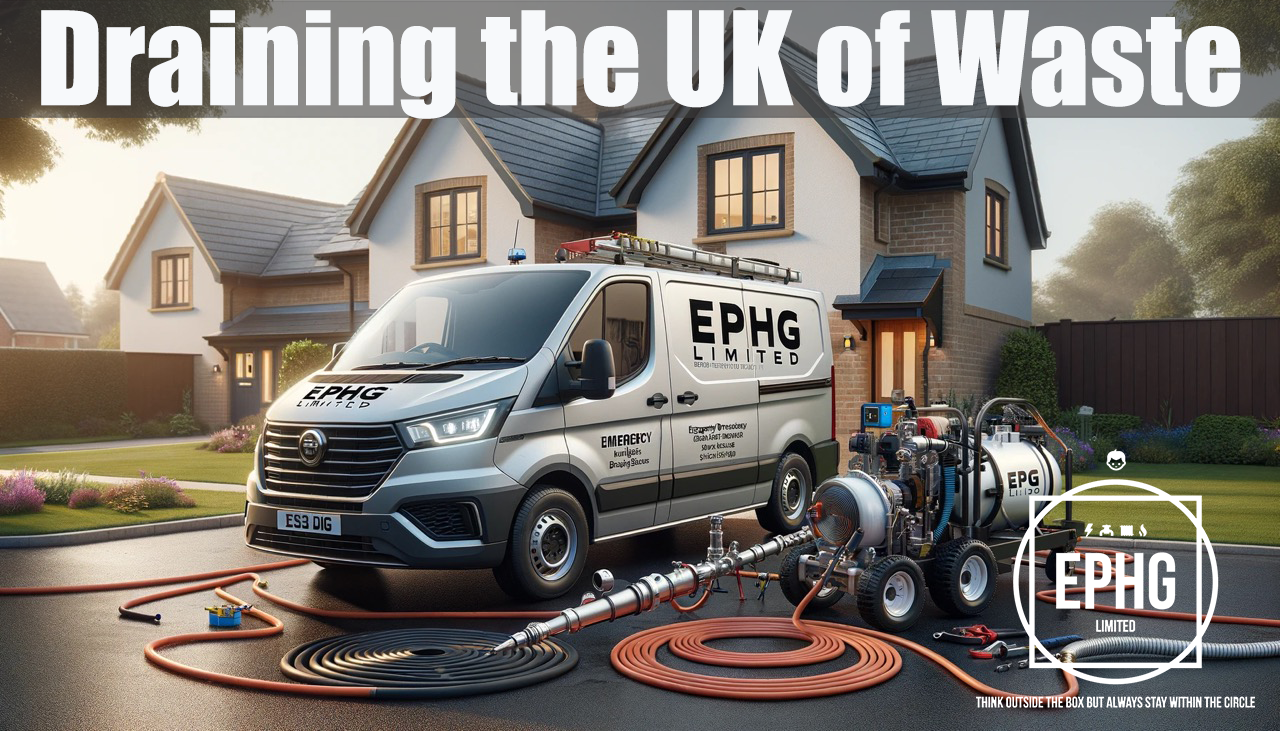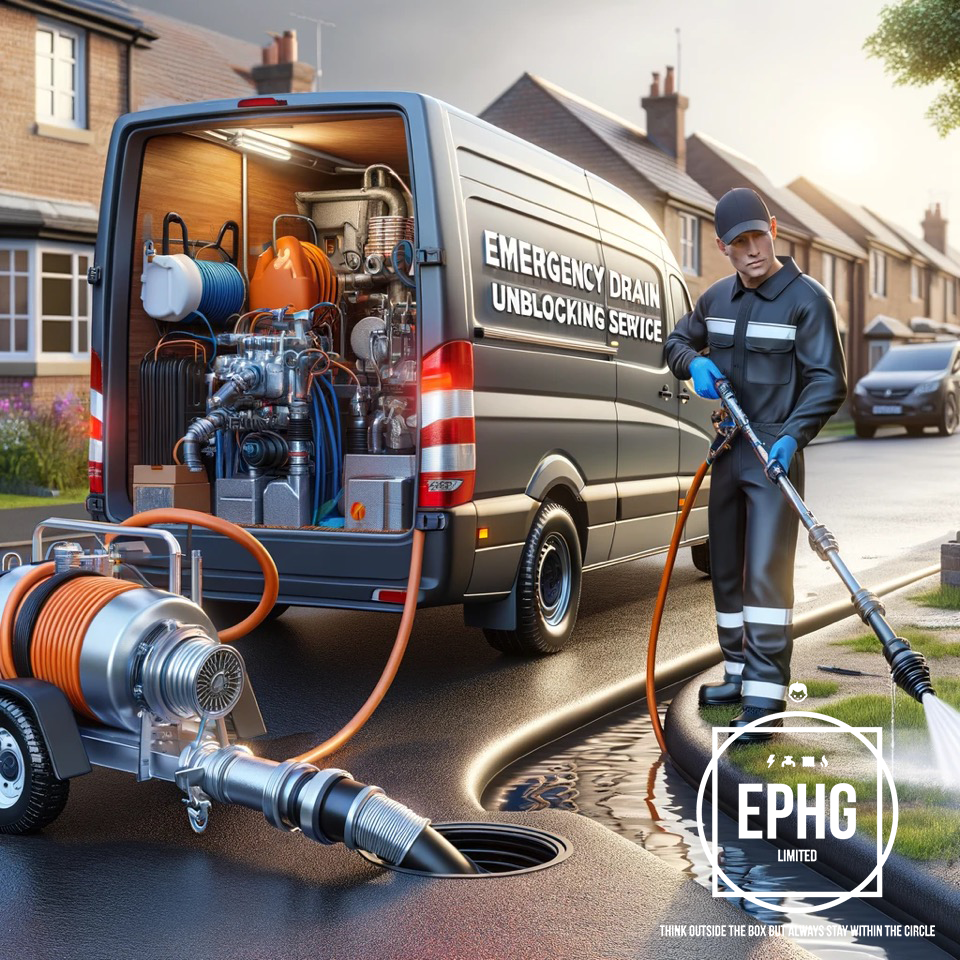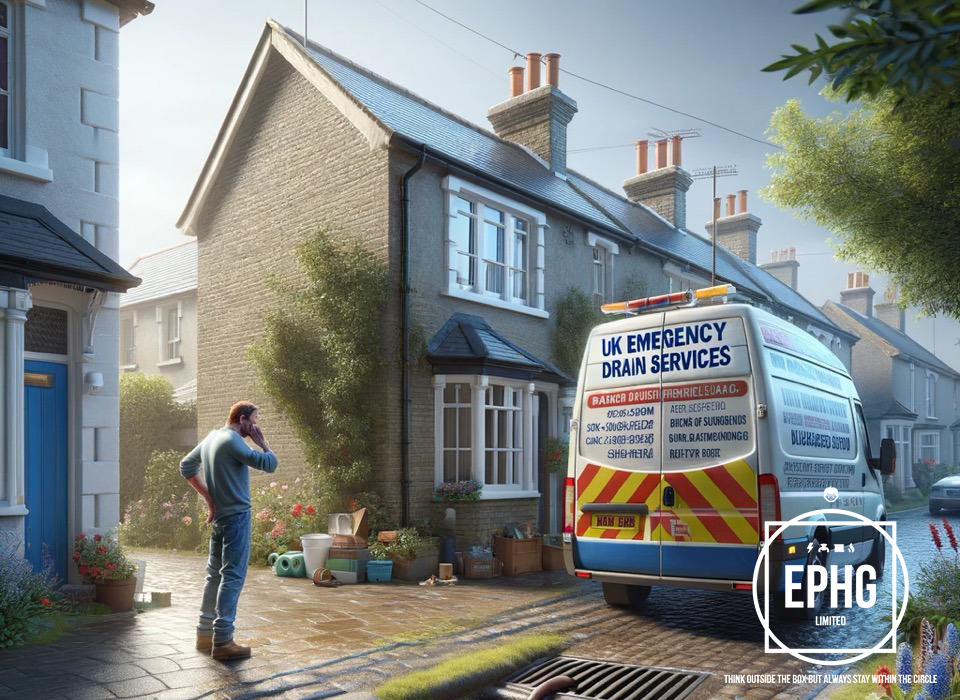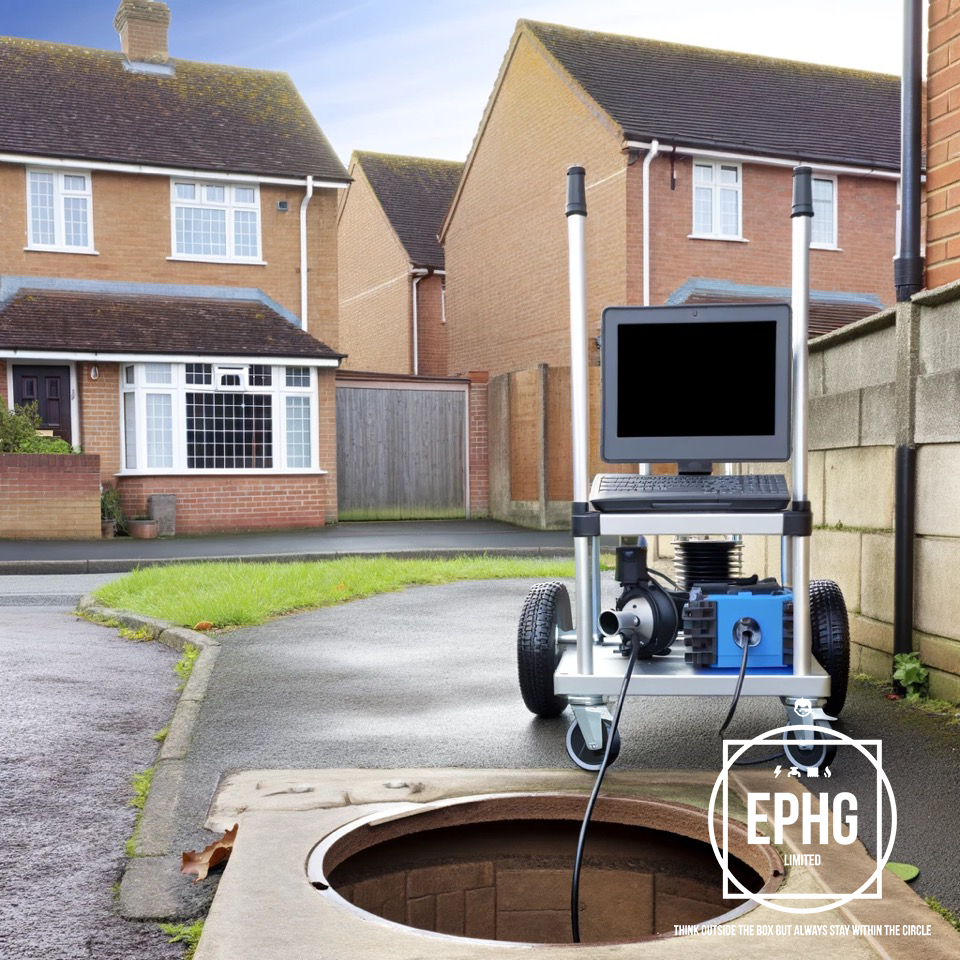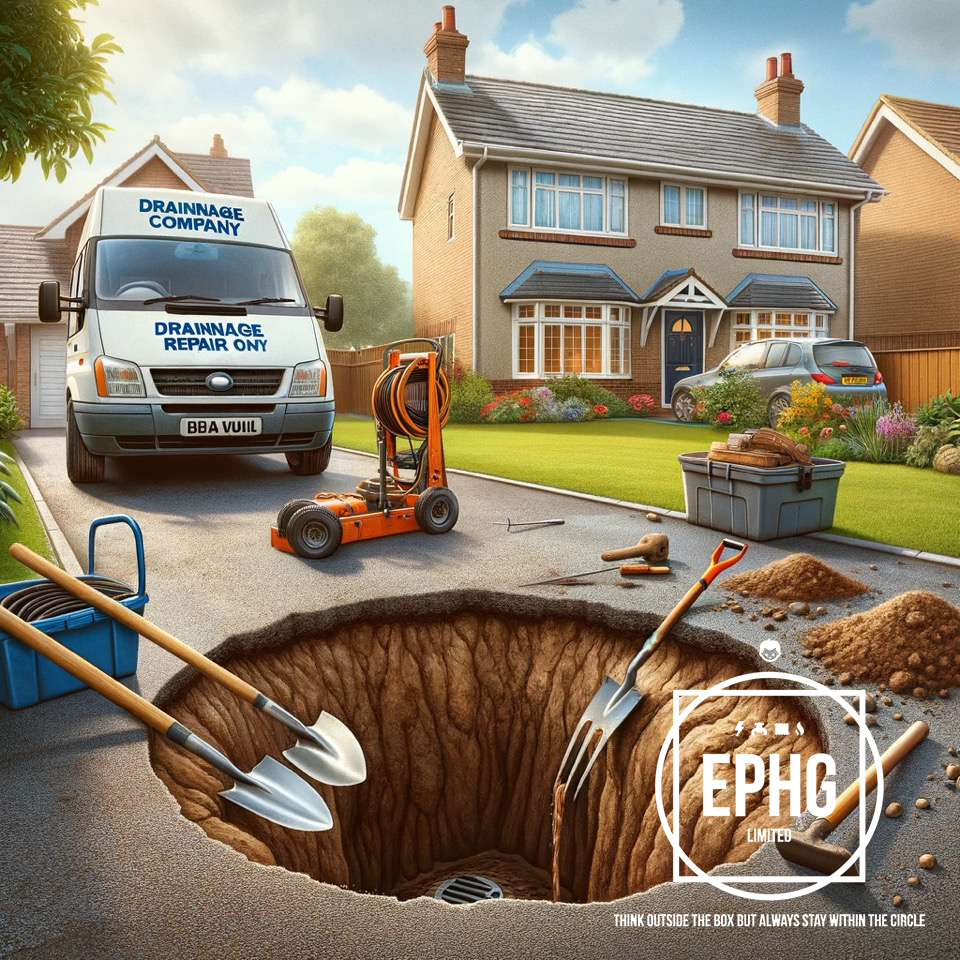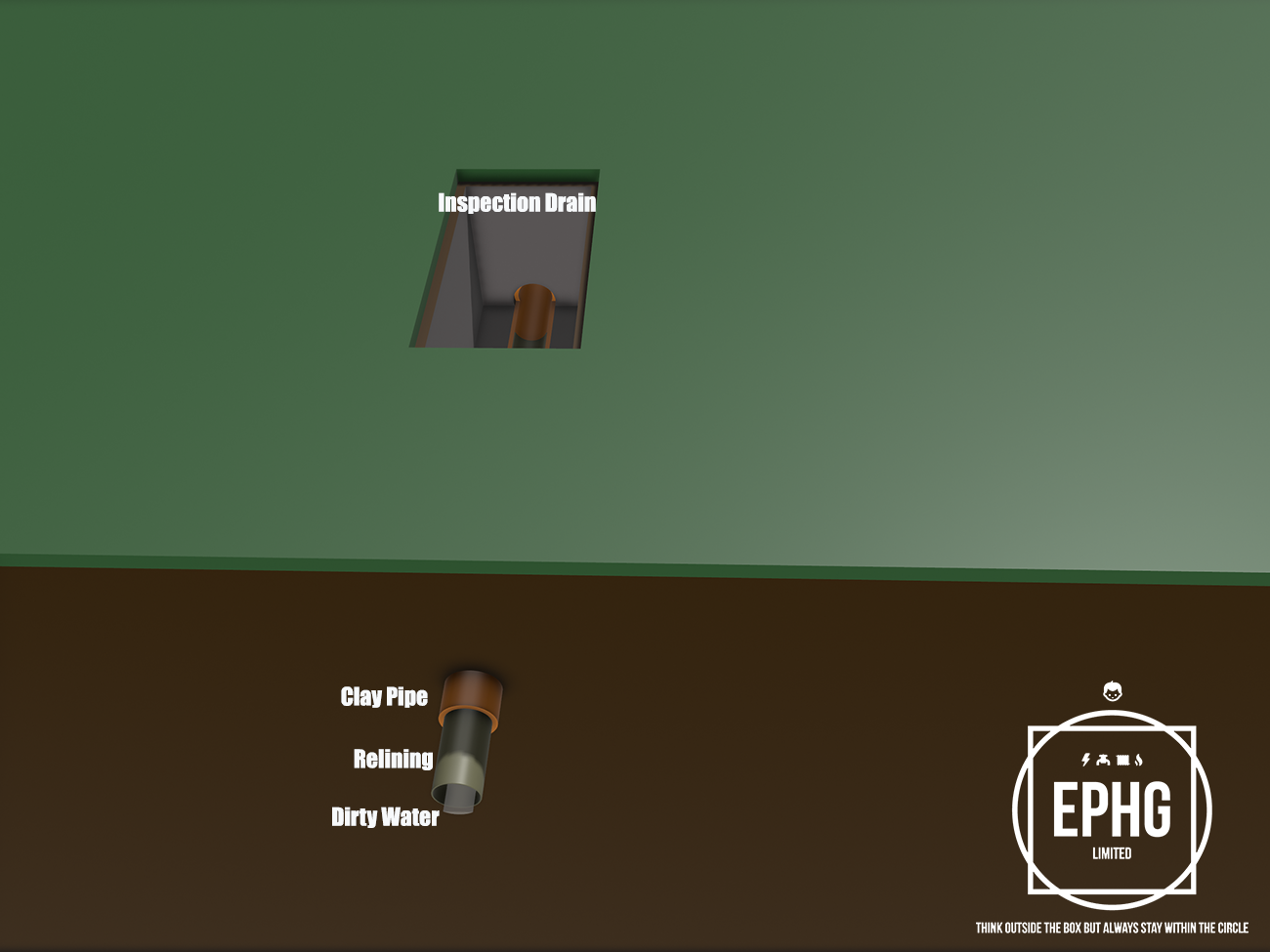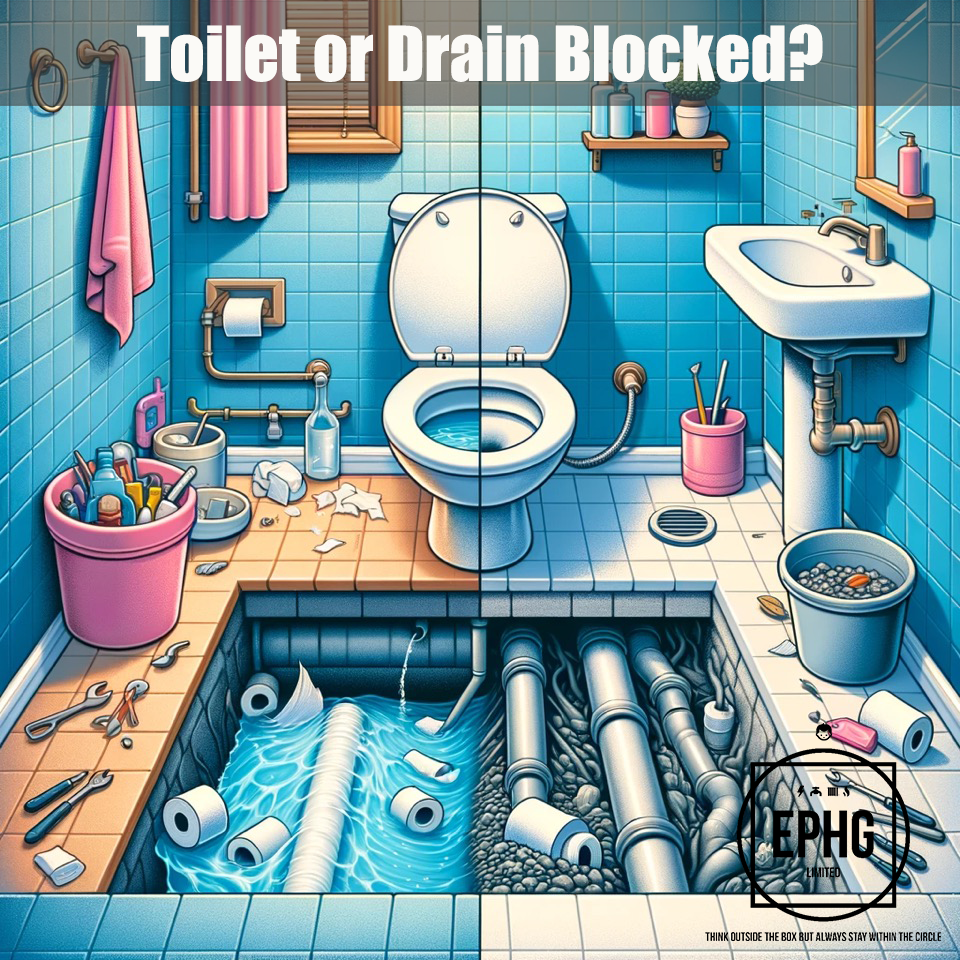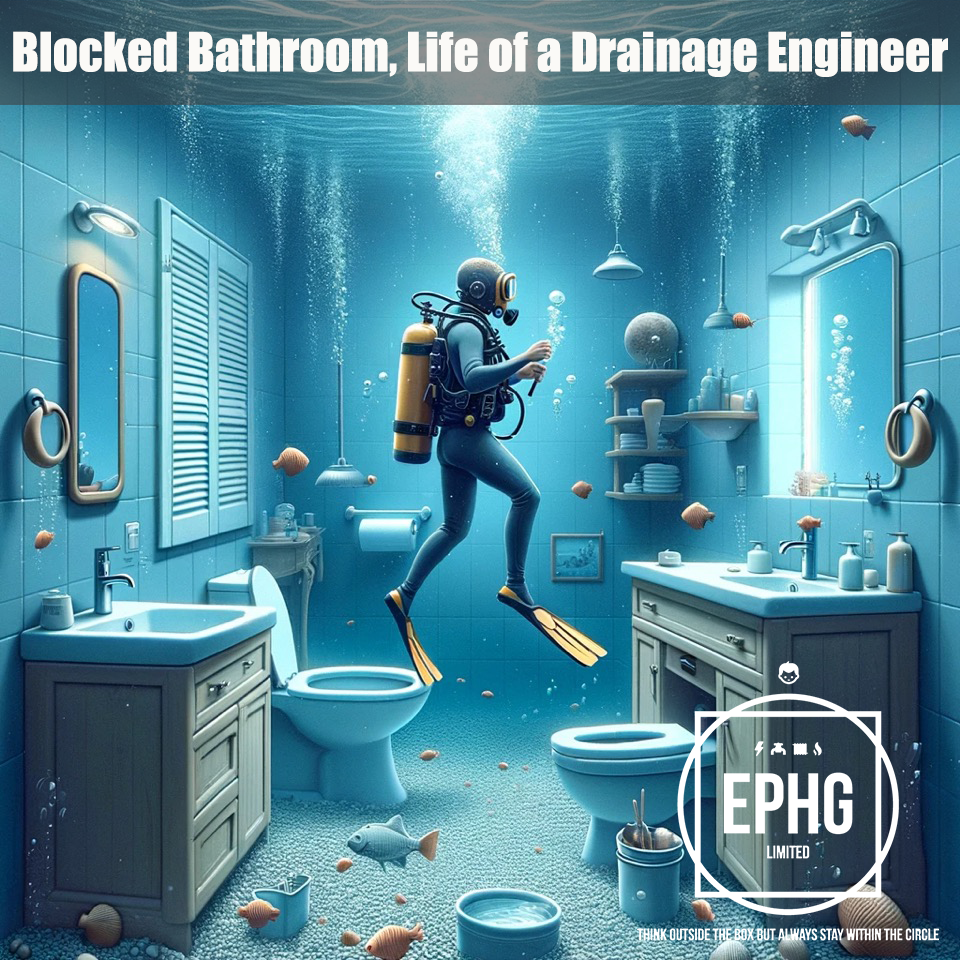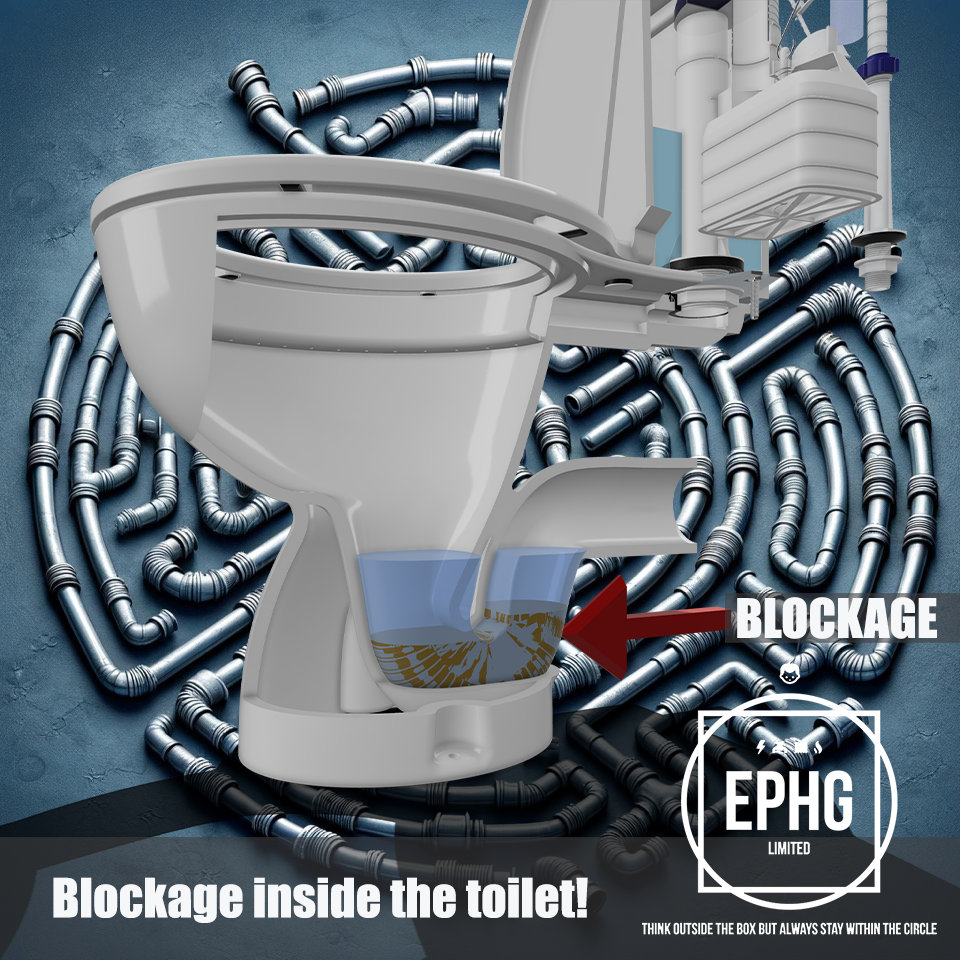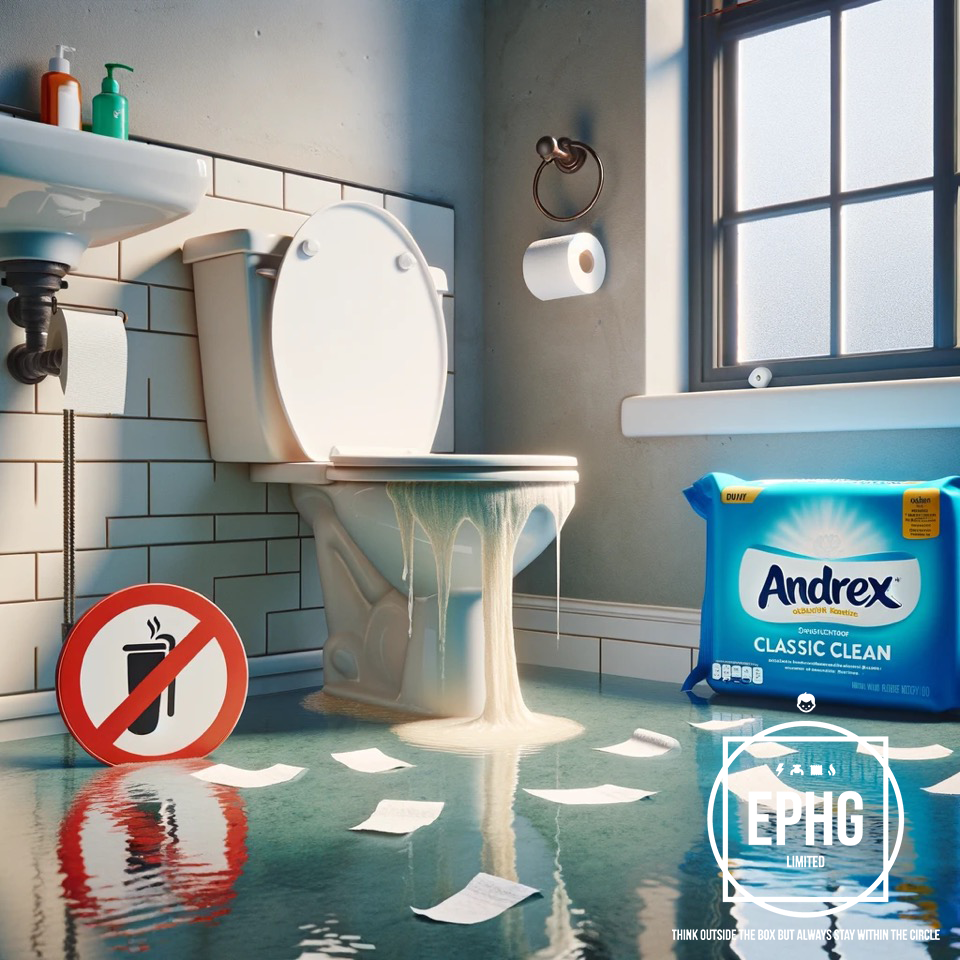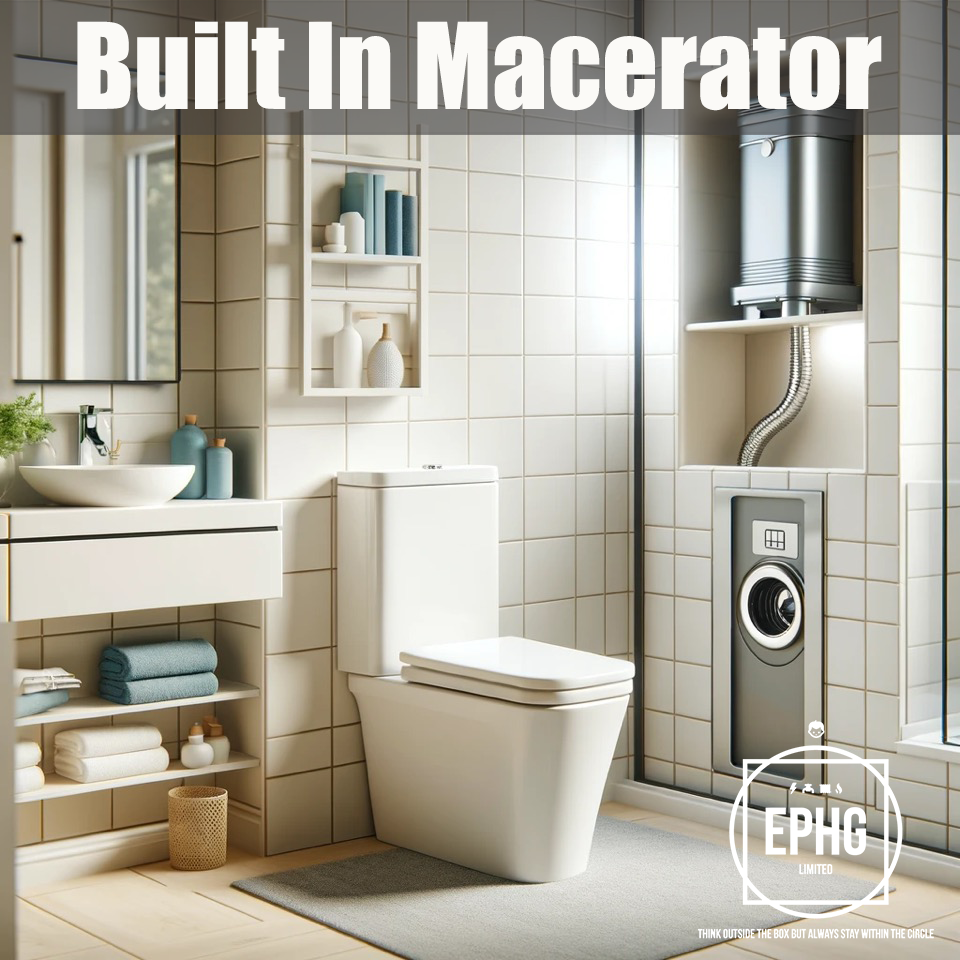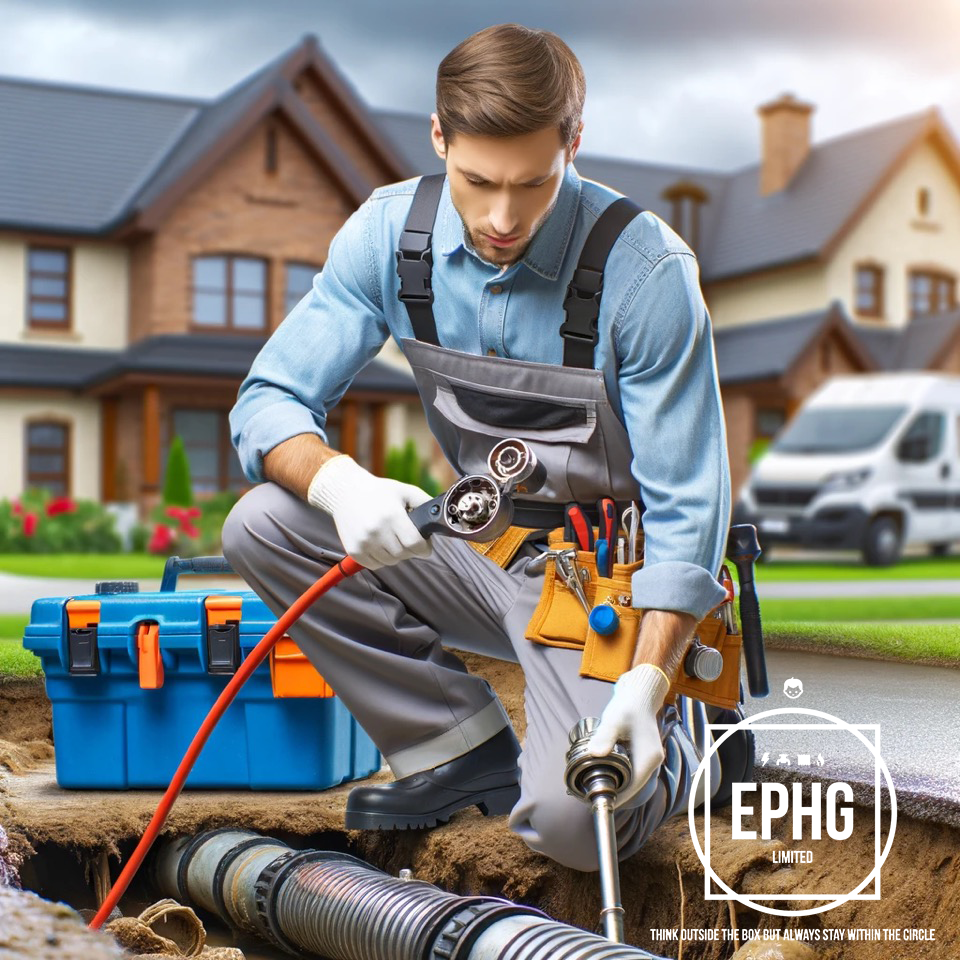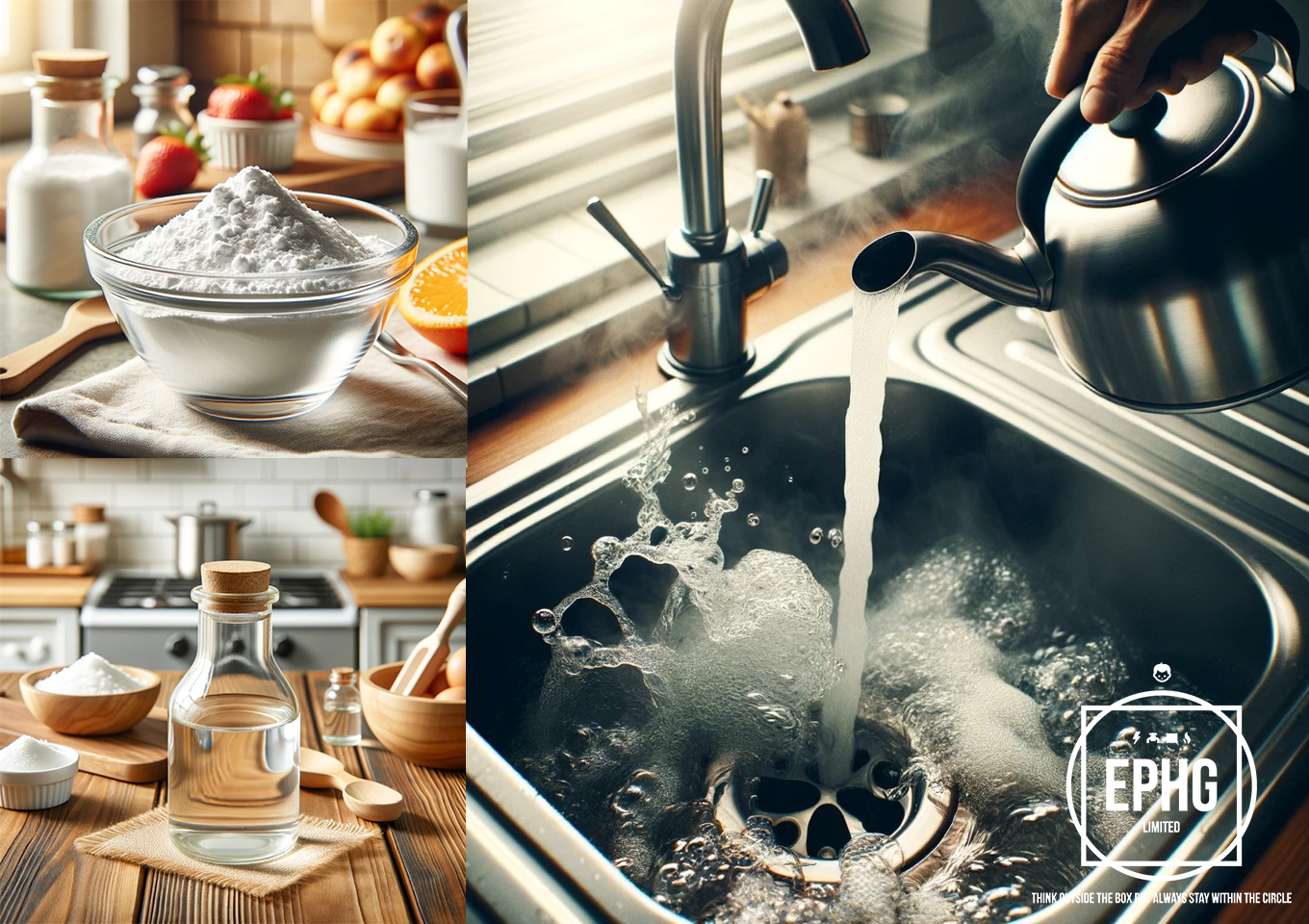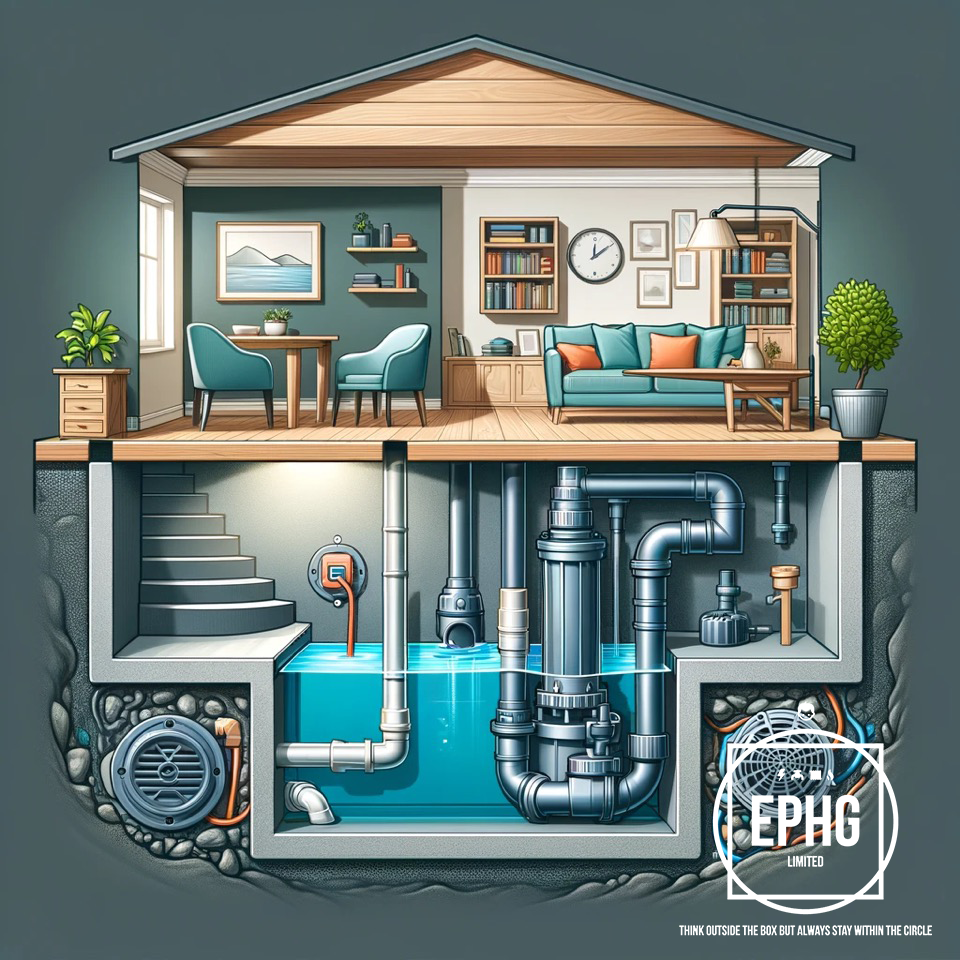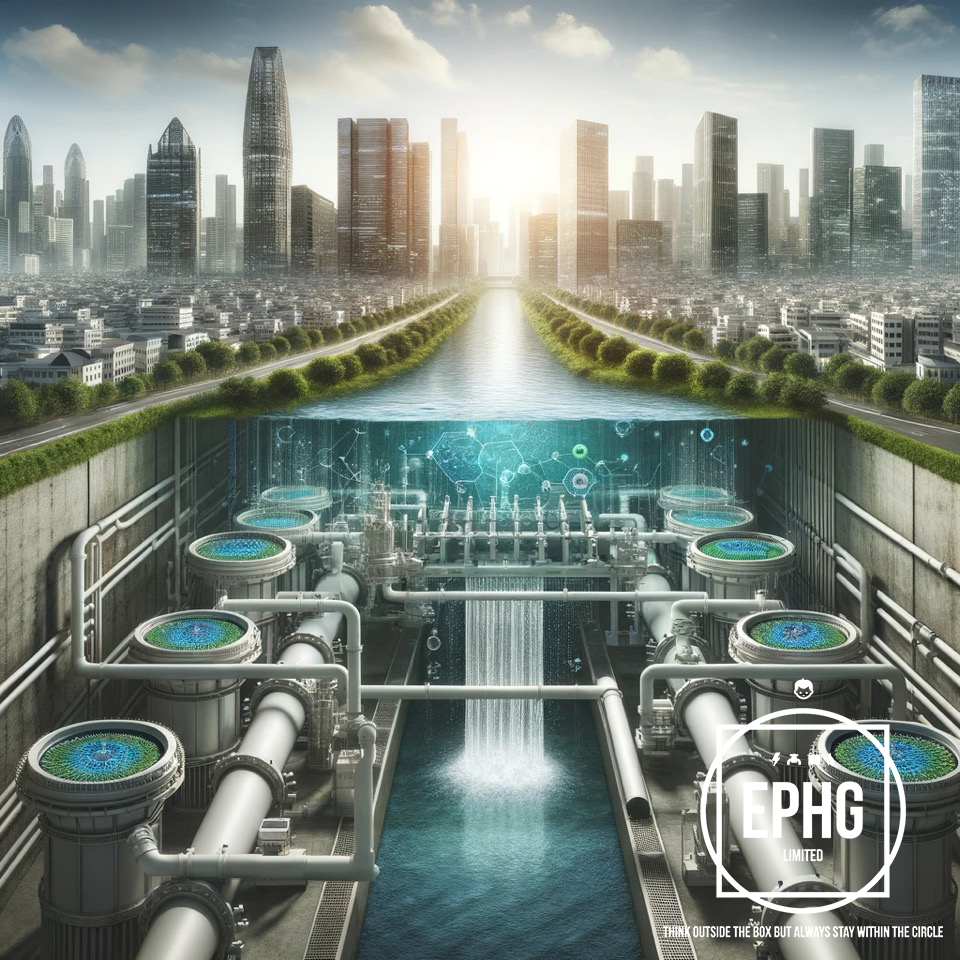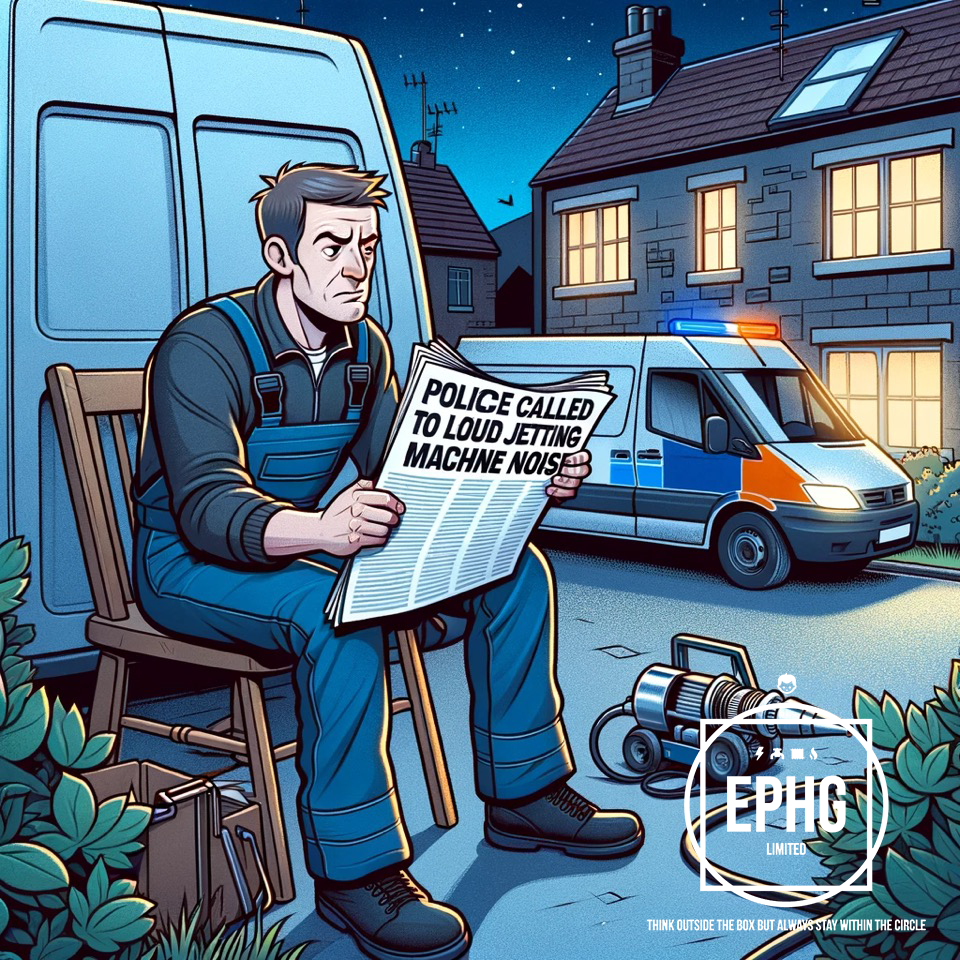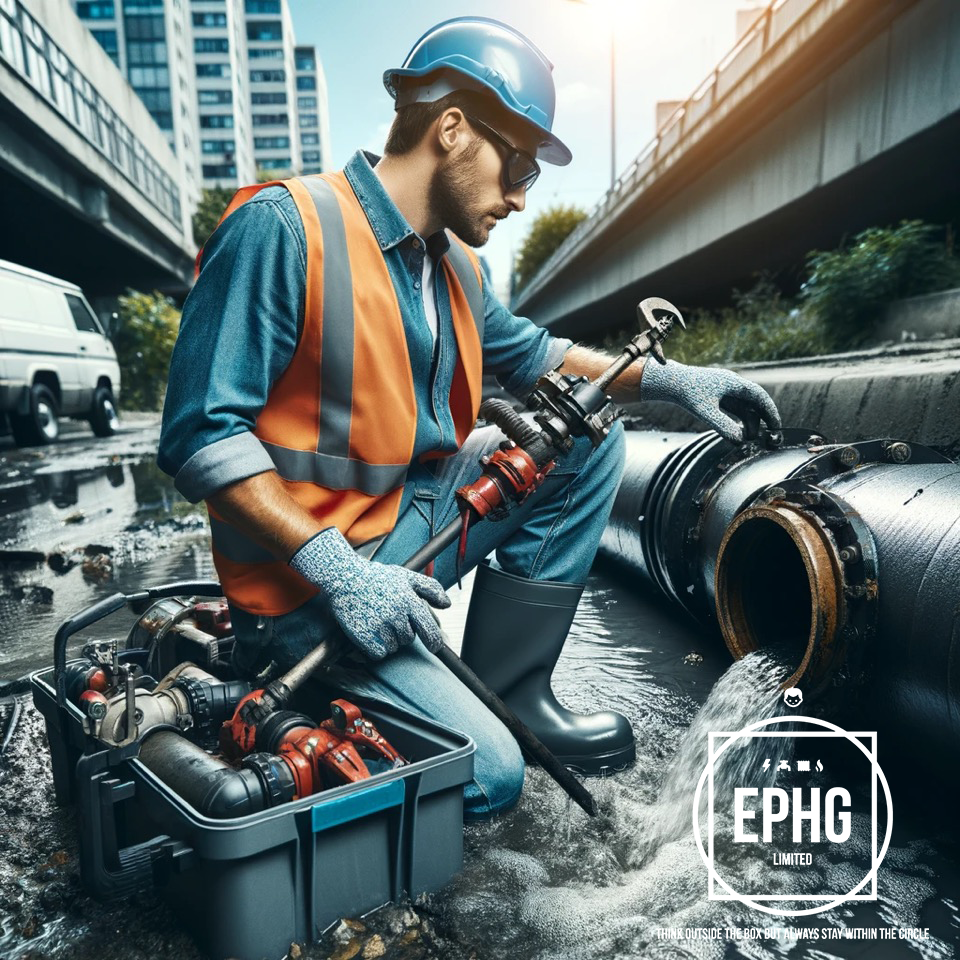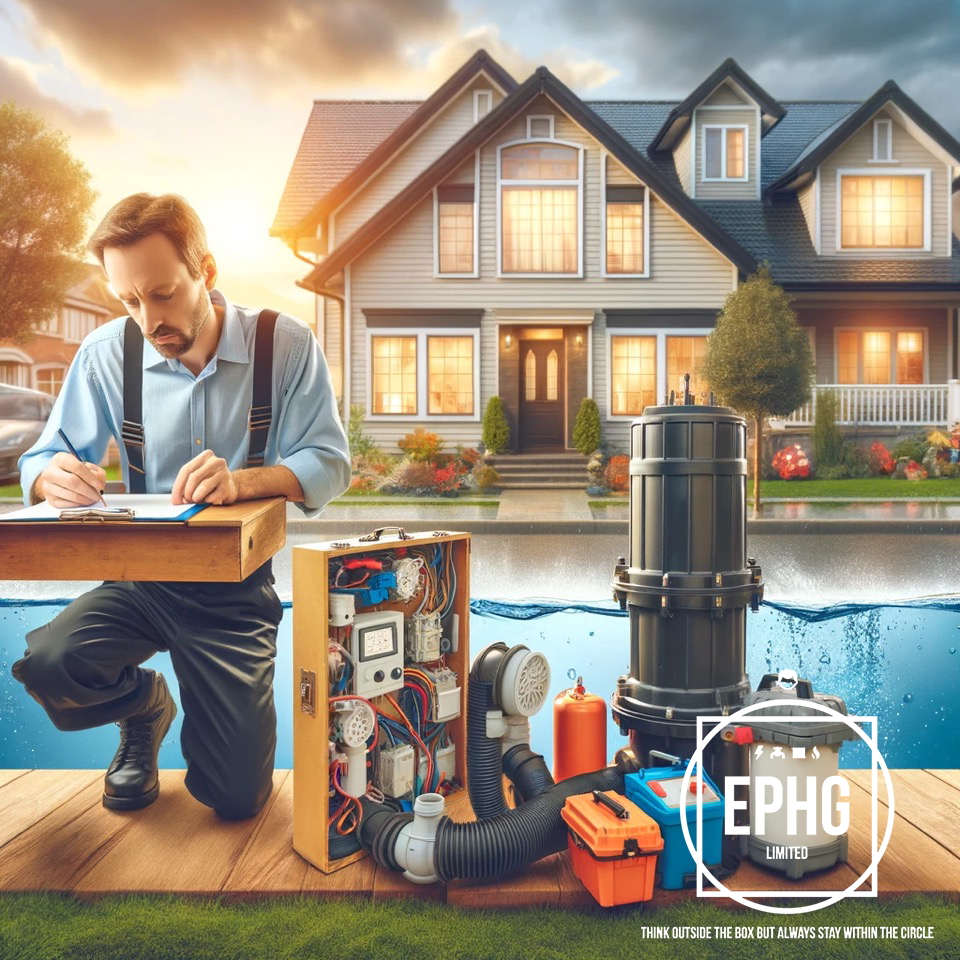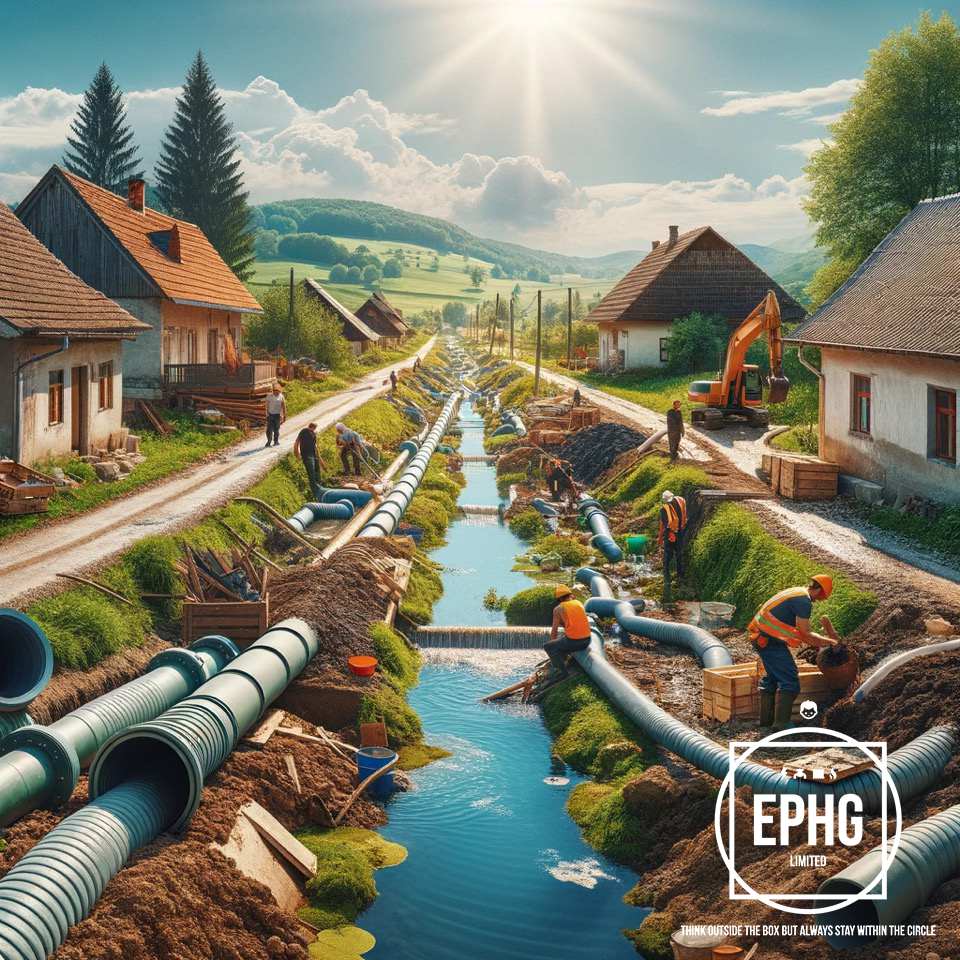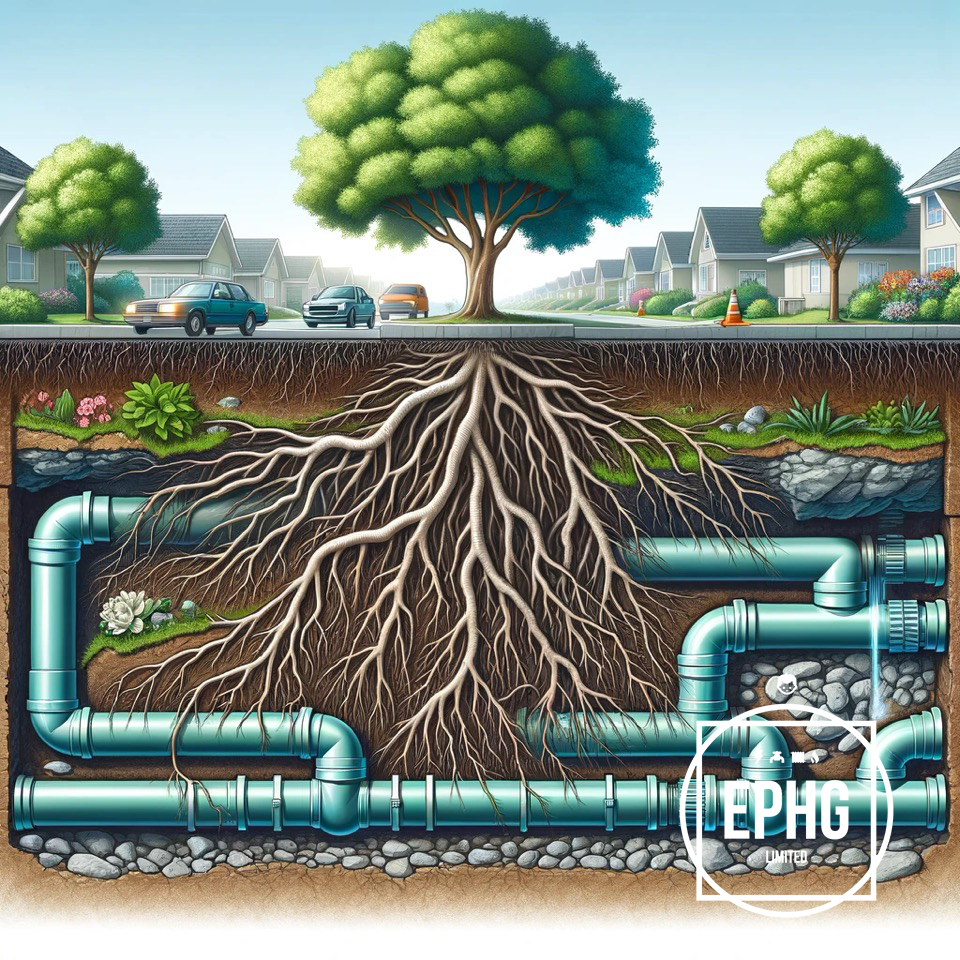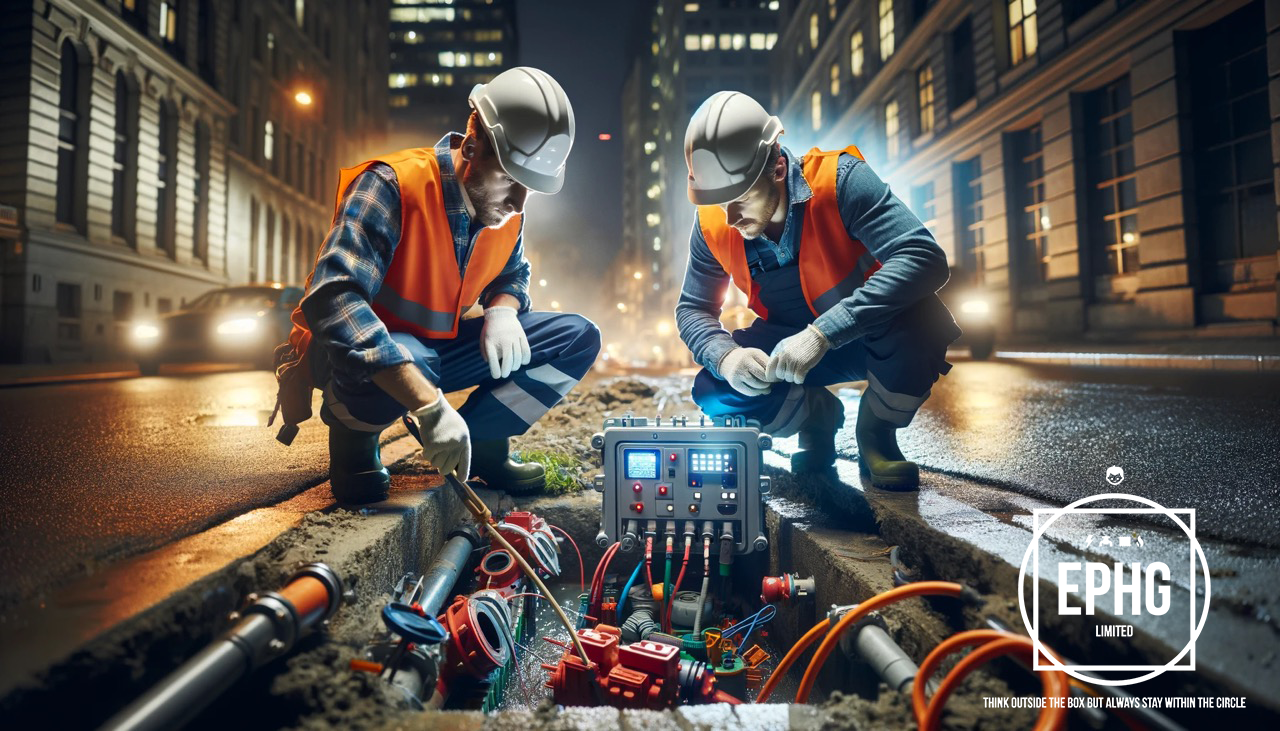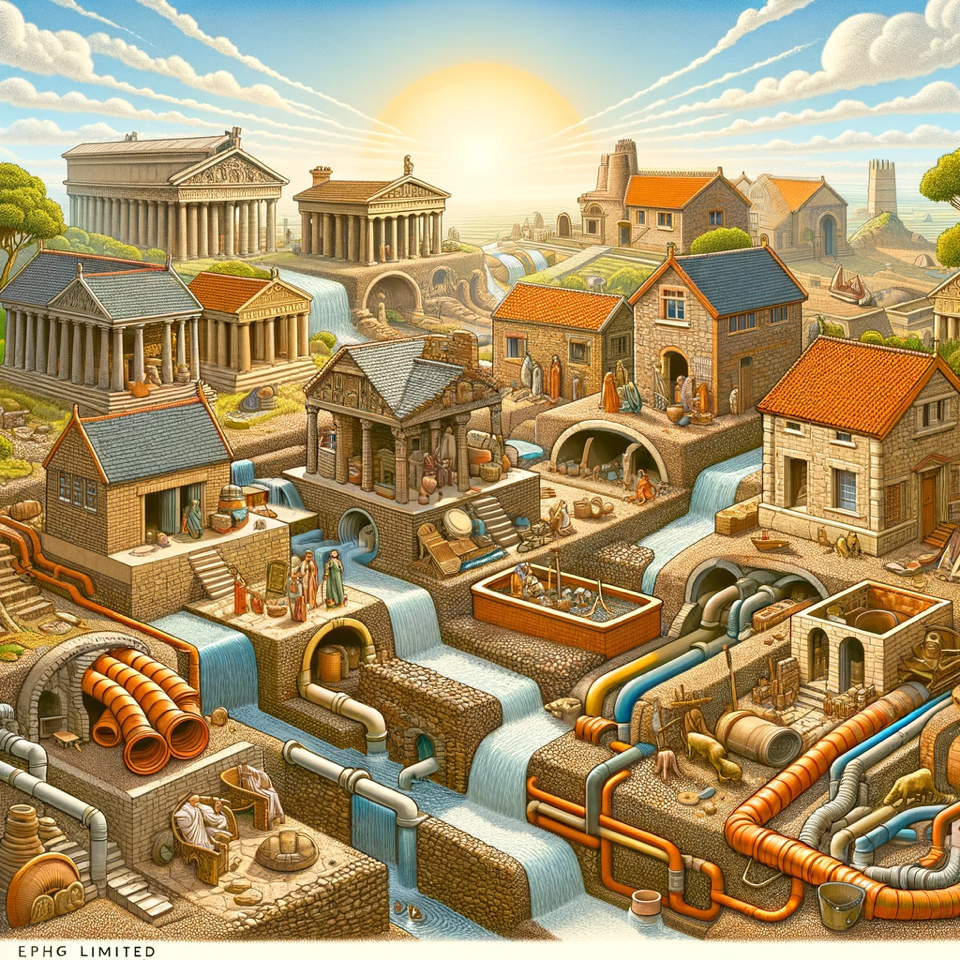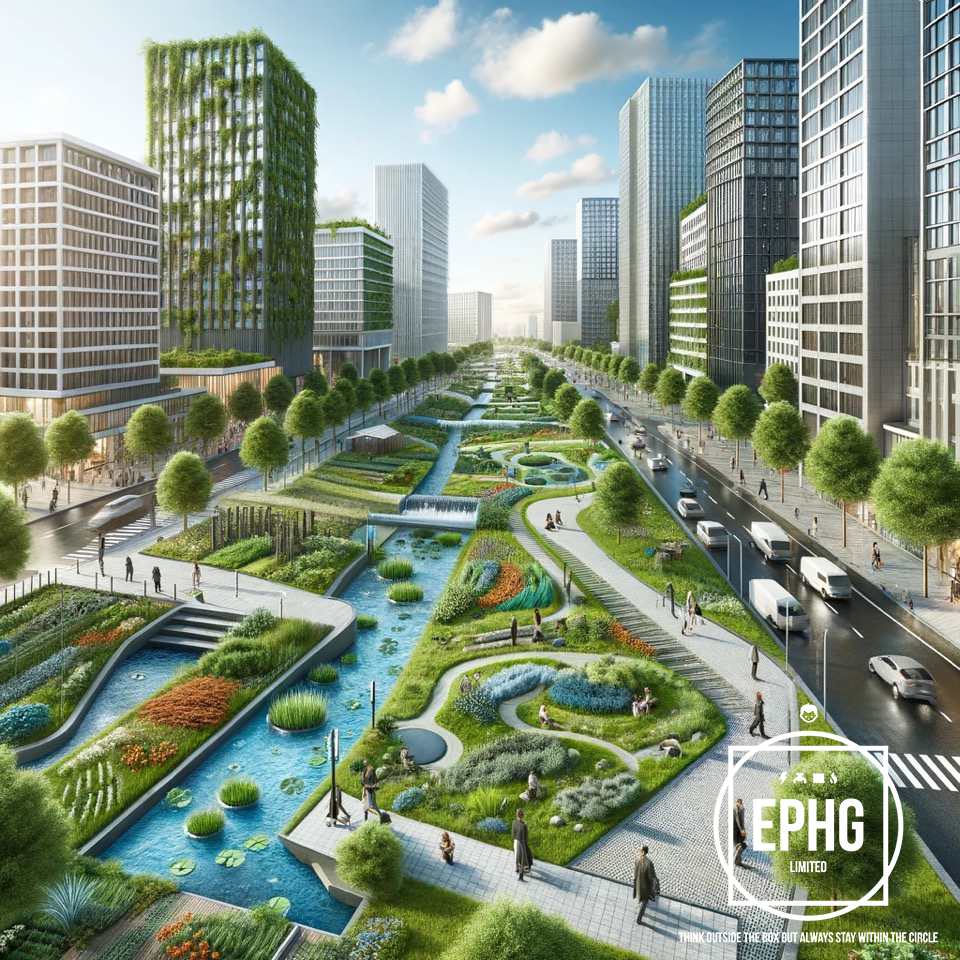
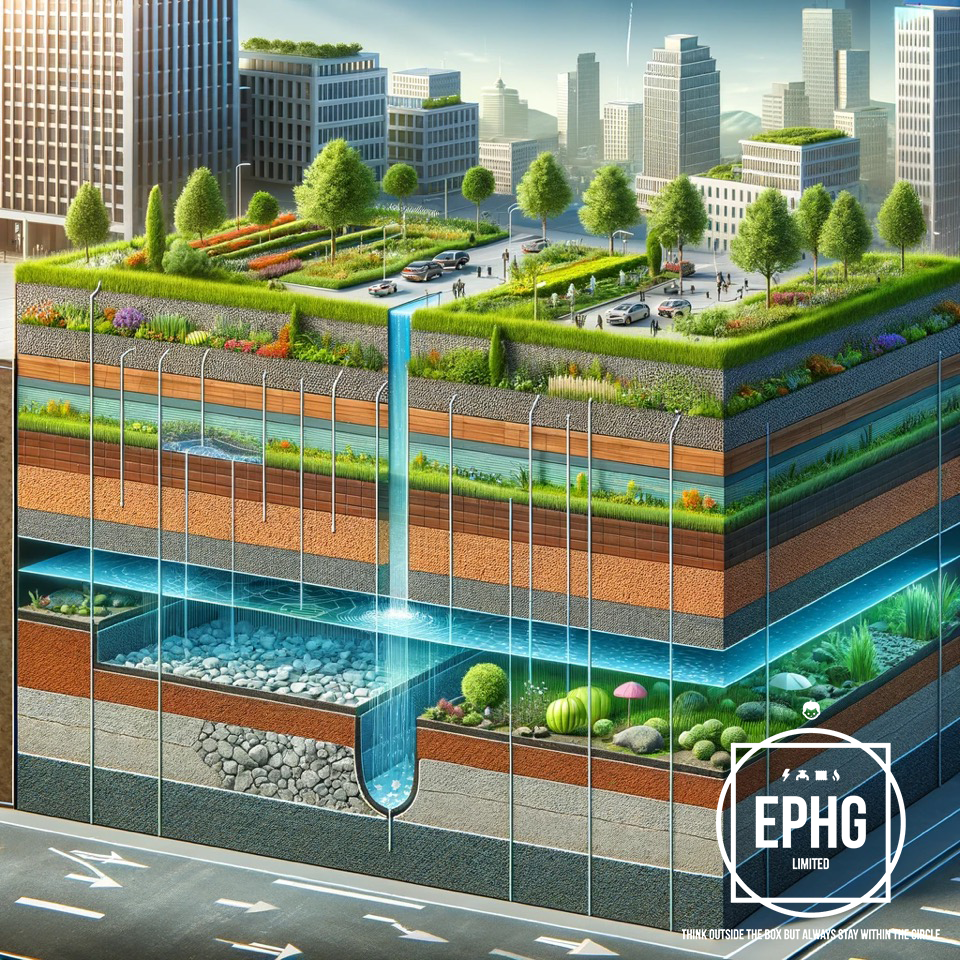
Sustainable Urban Drainage Systems (SuDS)
An innovative approach to managing rainwater in urban areas.
Understanding Sustainable Urban Drainage Systems (SuDS)
SuDS stands for Sustainable Urban Drainage Systems. These systems are designed to manage surface water in a sustainable manner, reducing the amount of runoff that flows directly into sewers and water bodies. By mimicking the natural way that rainwater is absorbed into the ground, SuDS can help to mitigate flooding, improve water quality, and enhance the biodiversity and attractiveness of urban areas.
Traditional urban drainage systems are designed to quickly divert water away from built-up areas through a network of pipes and sewers. However, these conventional systems can become overwhelmed during heavy rainfall, leading to flooding and pollution. SuDS, on the other hand, aim to slow down water flow and allow it to permeate through the ground, either storing it for later use or allowing it to be naturally cleaned as it filters through soil and vegetation.
Benefits of SuDS
- Flood Risk Reduction: By slowing down runoff and storing water, SuDS can significantly reduce the risk of flooding.
- Water Quality Improvement: SuDS can filter out pollutants from runoff, improving the quality of water entering rivers and streams.
- Biodiversity Enhancement: SuDS can provide habitats for wildlife and contribute to the creation of green spaces and corridors within urban areas.
- Climate Change Adaptation: SuDS can help cities adapt to the impacts of climate change, such as increased rainfall and extreme weather events.
- Public Wellbeing: Green spaces associated with SuDS can improve air quality and provide recreational areas for residents, enhancing overall wellbeing.
The Role of Emergency Drainage Engineers
Despite the effectiveness of SuDS, there are instances when systems can fail or become overwhelmed, especially during unexpected or extreme weather conditions. This is where the role of an emergency drainage engineer becomes critical. These professionals are skilled in quickly diagnosing and addressing problems with drainage systems to prevent or mitigate flooding and related issues.
Emergency drainage engineers are equipped to handle various situations, such as blockages, system failures, or infrastructure damage. They can provide swift responses to ensure that drainage systems continue to operate effectively, minimizing the impact on the community and the environment.
Potential Issues Without Proper Maintenance
- Blockages and Flooding: If SuDS components like filters or swales become blocked with debris, they may not operate effectively, leading to localized flooding.
- Water Quality Degradation: Without regular maintenance, the ability of SuDS to filter pollutants can diminish, negatively affecting water quality.
- Habitat Loss: Poorly maintained SuDS can lead to the loss of valuable habitats for urban wildlife.
Incorporating rainwater harvesting systems into Sustainable Urban Drainage Systems (SuDS) adds another layer of efficiency and sustainability to urban water management. By capturing and reusing rainwater, SuDS not only mitigate the adverse effects of urban runoff but also contribute to water conservation efforts. This integration supports a more circular approach to water usage, where rainwater is treated as a valuable resource rather than waste. It enables buildings and communities to reduce their dependence on mains water, lowers utility bills, and lessens the environmental impact. Furthermore, incorporating rainwater harvesting into SuDS designs can enhance resilience to climate change by providing an alternative water source during dry periods, ensuring that cities remain adaptable and sustainable in the face of changing weather patterns.
In conclusion, Sustainable Urban Drainage Systems (SuDS) offer a forward-thinking solution to urban water management, contributing to flood mitigation, water quality improvement, and biodiversity enhancement. However, the success of these systems relies on proper maintenance and the swift action of emergency drainage engineers when problems arise. By investing in SuDS and their upkeep, cities can create more resilient, sustainable, and livable environments for their residents.
